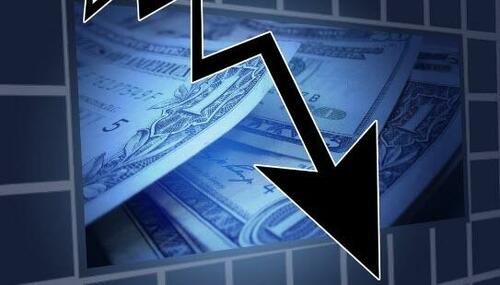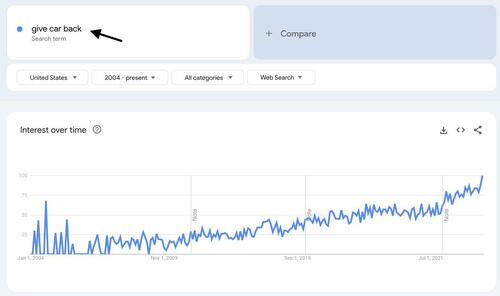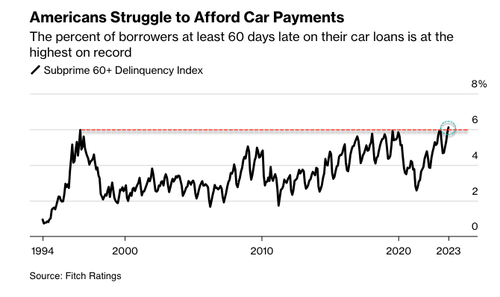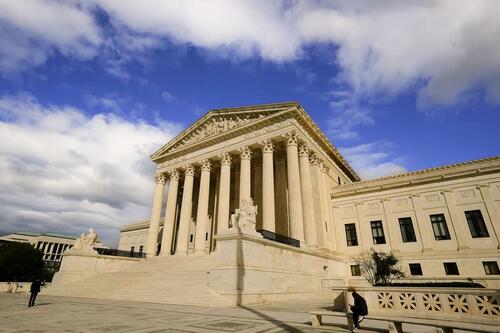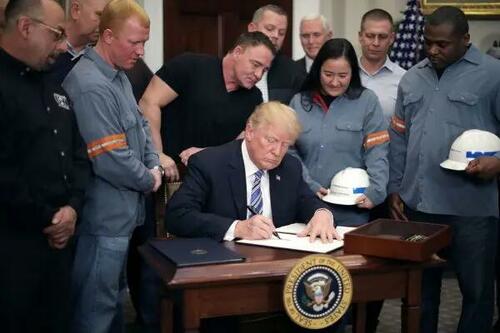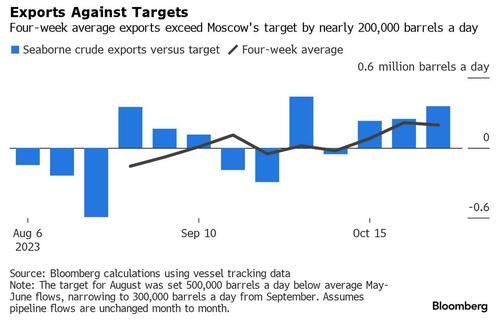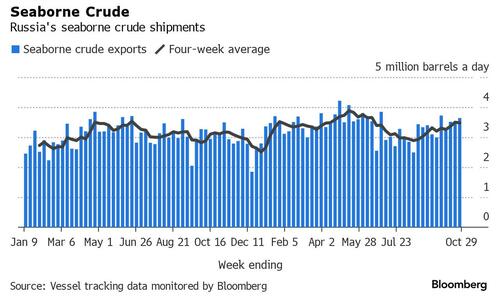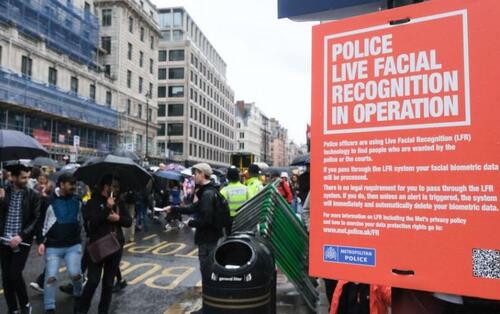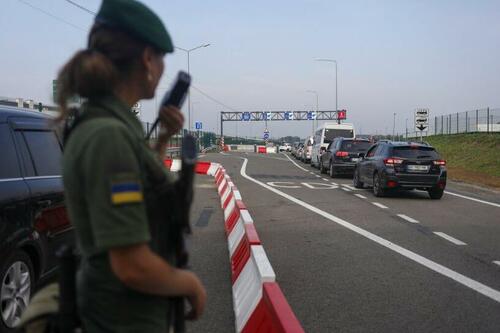Peter Schiff: A Crisis Is Already Playing Out Under The Radar
The mainstream remains optimistic about the trajectory of the economy. Price inflation has supposedly been beaten down. GDP growth was even better than expected, and most economists have tabled their recession predictions. But in his podcast, Peter Schiff explained that it’s all an illusion. The financial crisis has already started, and it continues to play out beneath the radar.
Nobody understands that this crisis has started. But believe me, it has. This was the way the 2008 financial crisis started. It didn’t just happen when Lehman Brothers went bankrupt.”
By the time Lehman went under, everybody knew there was a crisis. But it was obvious long before that.
That’s the reason it went under. It didn’t just go out of business out of the dark. It wasn’t just happenstance. The reason that Lehman Brothers, and Bear Sterns, and Fanny and Freddy, and AIG, and all these companies went under was their exposure to the mortgage market. That exposure was obvious to me for years, but particularly in 2007 when the subprime market blew up. That was the point where even the village idiot should have been able to figure out what was coming. The problem was most people on Wall Street weren’t even smart enough to qualify as the village idiot, so they still couldn’t figure it out.”
They needed the proverbial anvil to fall on their head. That finally happened in 2008. But even in the summer of ’08, a lot of people were oblivious.
So, if you’re wondering, ‘Peter, how can we be so close to this massive crisis, in fact, how could this crisis have already started if nobody is talking about it?’ Well, just go back to the summer of 2008. Nobody was talking about it.”
Peter emphasized that this crisis is much bigger because the problems driving it are much bigger.
They’re the same problems. They just dwarf the size of the problems we had before. Because instead of actually dealing with the problems, we kicked the can down the road and made the problems bigger. Now we have to deal with the consequences of that.”
Fed officials keep saying that the banking system is “sound.” But Peter said all of the big banks are insolvent.
Now, as long as they pretend that all their underwater assets, they’re going to hold them to maturity, well, they can pretend that they don’t have a problem. But eventually, they have to stop pretending because circumstances intervene, and they actually need to sell the securities that they had intended to hold to maturity.”
Newsweek recently published an article titled “America Is Heading for an Interest Payment Crisis.” Peter noted that at least they’re writing about that, but they still miss the root of the problem. It’s not just the interest. It’s also the principal.
A lot of people claim the principal doesn’t matter. As long as the US can make interest payments, everything is fine. But as Peter pointed out, the national debt wasn’t a gift. It’s debt. But it’s nature it has to be paid back.
So, when they would say, ‘We don’t have to repay the debt,’ I would say, ‘Well, did you run that by the Chinese? Did you run it by the Japanese? Do they know that that’s the deal? Do they know that they’re loaning us money but they’re never going to get it back?’ Because that’s not a loan. That is a gift.”
Of course, the response is always, “We can just borrow from somebody else to pay it back.”
In other words, it’s a Ponzi scheme. So, Bernie Madoff never had to worry about paying back money because he would get it from the next sucker who didn’t realize it was a Ponzi scheme. But what happens when people realize it’s a Ponzi scheme? They don’t want to participate. And that’s what’s going on. Our creditors don’t want to loan us more money to pay back other creditors. That is what is happening. That is why bond yields are going up because the people who own the bonds want their money back as they mature and we can’t find new buyers.”
Rising interest rates impede the solvency of the United States. As rates rise, the Treasury has to borrow even more to keep up with the interest payments. As debt goes up, the US becomes a bigger credit risk. It also becomes more likely that the government and central bank will have to create more inflation to service the debt.
So, higher interest rates don’t actually make Treasuries more attractive. They make them less attractive. That is a problem. This is a bottomless pit. This is a self-perpetuating collapse that we are witnessing that is going to gather momentum.”
During an interview, new House Speaker Mike Johnson claimed that during the Trump years, the US had the greatest economy ever. Peter called that “a lie.”
We didn’t have the greatest economy in the history of the world. It wasn’t even close. We didn’t even have the greatest economy in the history of America. We didn’t have the greatest economy in the 21st century. We had a bubble under Trump. Trump didn’t create the bubble. He inherited the bubble, and he made it bigger. That bubble is now popped.”
You can trace the origins of the bubble all the way back to the Bill Clinton era and the monetary policy initiated by Alan Greenspan. That bubble popped the first time under Bush 2, was reinflated, popped again in 2008, and then they managed to blow it back up again.
The idea that people think everything was great just a few years ago and it’s all gone to hell — that’s wrong because it assumes that we could just fix it, really simple. We just have to go back to the Trump policies and we’re going to be great again. No! This problem is much bigger than just the bad things that Biden has done.”
Peter explained how the Clinton administration started the trend of using shorter-term financing to lower interest payments. They could do that because rates were so low. Of course, that created more risk because rising rates can quickly make those payments skyrocket. That’s where we are today. Interest rates are soaring and all of that short-term debt is maturing. That means the Treasury has to borrow at a much higher rate to replace that debt.
It’s going to escalate into this complete sovereign debt and currency crisis, which is already started, but it’s a long way from ending.”
In this podcast, Peter also explains why the future of the US looks more like Argentina than Japan.
Tyler Durden
Wed, 11/01/2023 – 07:20
via ZeroHedge News https://ift.tt/7Swa5nL Tyler Durden
